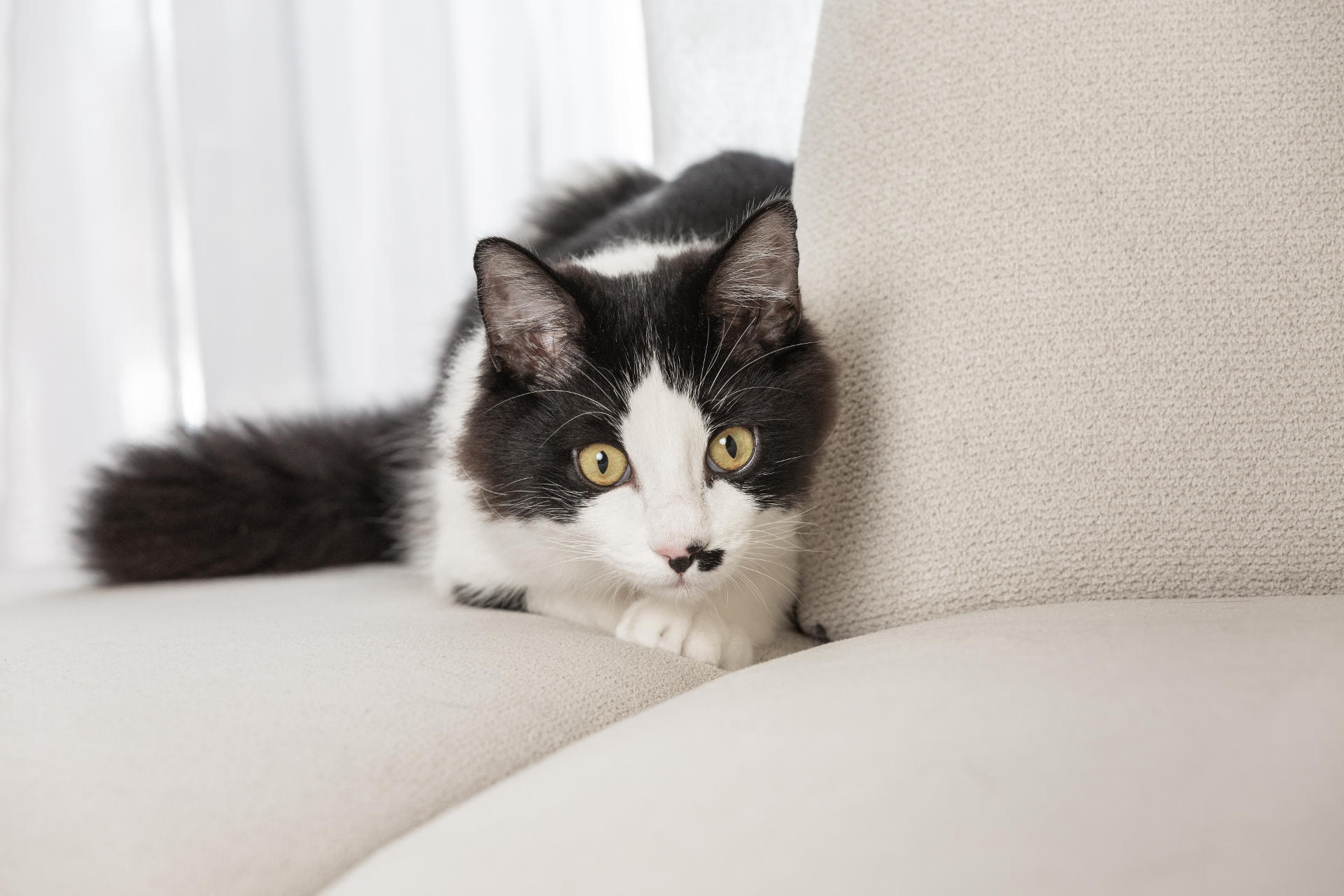
The Five Things To Look Out For When Apartment Hunting
Sometimes when people are apartment hunting, they are caught up in the moment and forget to look out for warning signs or red flags. If you are planning on making an apartment your future home, it’s essential to take the time to ensure that it’s safe, offers all of the basics, utilities are functioning, and it meets all of your standards. So, if you are on the apartment hunting journey, here are five things to look out for and a few questions worth asking.
Utilities
If you are new to apartment hunting, one of the first things you should always take note of has to do with utilities. Now, before you begin exploring any apartments, do not be afraid or feel embarrassed to tinker with some of the utilities. Reason being, if you are paying for the home, you want to make sure everything will work in the home before you sign any dotted lines.
To make sure that an apartment is livable be sure to check the following:
- Water Pressure – to check the water pressure, test each facet in the home and make sure the water is flowing seamlessly. Also check the shower head and make sure hot water is flowing.
- Electricity – before you can live in an apartment, you want to make sure the electricity is fully-functioning, and safe. We recommend always testing every single electrical outlet in the home. You can do this by bringing a small cell-phone charger with you when apartment hunting. Don’t forget to flip the light switches on, test the oven – if electrical -and any other applicable electrical means.
- Toilet – it may sound silly; however, always take the time to flush the toilet. You don’t want to live in a home with a toilet that doesn’t work!
- AC/Heat – Depending upon where you live and the time of year, it’s important to test out the air conditioning and/or heating. This will save you from the stress of finding out months down the road if something is malfunctioning.
Quality – New vs. Used
It’s important that when you are apartment hunting, to take the time to check the quality of the apartment. Keep in mind, things that are being used have the tendency to break down or malfunction. So be sure to ask questions about how new or old things are.
Here are a few questions to help guide your conversation:
- How old is this apartment?
- How many people have lived in this apartment?
- How old is the flooring?
- How old is the cabinets?
- How old are the washer/dryer?
Damage
When apartment hunting, take the time to investigate the apartment for potential damage. This is incredibly important because, if the damage is not recognized, you could be held responsible in the future when you try to move out.
Take the time to investigate the following:
- Floors – depending upon the type of floors that the apartment has, look to see if there are any signs of damage. If carpet, are there rips, tears, or indentations from the past? If tile or wood, is there cracks, water damage, or missing pieces?
- Ceilings – investigating the ceiling in something that takes time and must be checked at different times of the day. To spot cracks or water marks on the ceiling, you may want to try to see the apartment in the morning, afternoon, and early evening – this will help you gauge the ceiling at all different times of the day.
- Cabinets – Do not forget to open every single cabinet and closet. Sometimes, this is where damage can be found and, if you don’t want to be held responsible, don’t forget to document it!
- Outside – A key sign of how a community or apartment is treated can be how well the landlord handles the exterior of the home. Are the amenities functioning and appealing? Is the property taken care of?
Mold
You never want to choose an apartment because it seems perfect and then you find out that the brown spots in the bathroom happen to be mold. No one wants to find mold in their living space.
Here are a few signs that mold is hiding in your apartment:
- Odor – if you are entering an apartment and it smells musty, that is a red flag that there may be potential mold in the home. These are questions you can ask as it will demonstrate your attention to detail and alert the landlord that something is wrong.
- Discoloration of the walls or flooring – if any floors or walls appear to have little black, white, yellow, green, or blue dots, this is another telltale sign that mold is taking over in the apartment.
- Wet spots on the ceiling or wall – if you are noticing wet spots on the ceiling or the walls, there could potentially be a water leakage or pipe broken. If this is the case, unless the matters have been taken care of within a day, mold has already started to grow.
- Water leakage in the bathroom or under sinks – Like that of wet spots on a ceiling or wall, if there is water leakage in the bathroom, under the sinks, or high levels of moisture, you can guarantee that mold is most likely growing.
Insulation
Many problems in apartment communities are related to the lack of proper insulation. In other words, if the walls are thin, you will not only notice the warm or cold temperatures from outside, you will also notice your neighbors phone conversations. On your apartment hunting journey, take a few minutes to be silent and pay close attention to all of the sounds that you are hearing inside and outside of the apartment. It may also be worth taking a minute to ask a few other renters in the area how do they feel about the community.
Document, Document, Document!
No matter what you decide at the end, if you are apartment hunting and you notice any problems, never forget to take the time to photograph and document the issue. Many times, landlords will be honest and communicate the situation with you. In that, they will allow you to document your thoughts and pictures to be placed in your file. As a result, because you took precaution, you won’t be responsible for people’s past mistakes. By paying attention to these issues you will have the tools and knowledge to weed out bad apartments so you can find your dream apartment.
